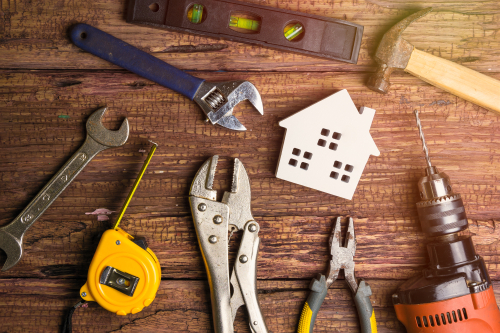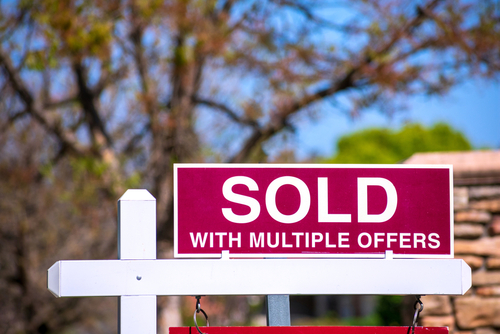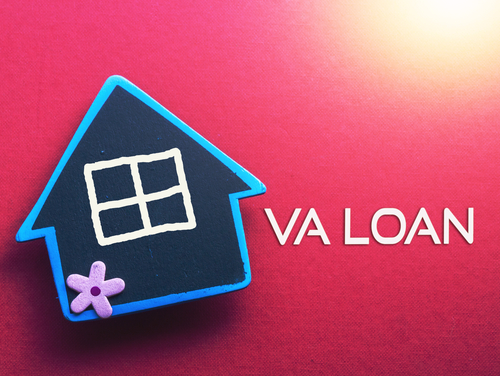Buy Now, Refinance Later Strategy

Yes, it is possible to buy a home now and refinance at a lower rate later. This is called a “buy now, refinance later” strategy. There are a few things to keep in mind if you are considering this strategy: You will need to make sure that you can afford the monthly mortgage payments at … Buy Now, Refinance Later Strategy








